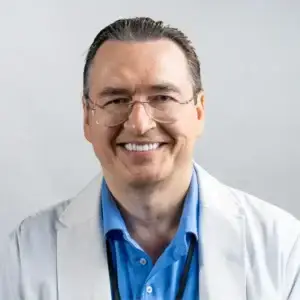
Dr. Rostislav Ignatov, MD
Chief Medical Officer
Boston faces a complex addiction crisis with significant disparities across neighborhoods, but comprehensive treatment resources and strong community recovery infrastructure offer hope for those seeking help.
Despite a 38% decrease in opioid overdose deaths in 2024¹, Boston still experiences treatment gaps and concerning increases in youth mental health issues, with 44% of high school students reporting persistent sadness². The city’s extensive network of Boston rehab facilities, addiction treatment centers, peer support programs, and culturally competent mental health services provides multiple pathways to recovery for residents across all neighborhoods from Roxbury to Back Bay, though access remains unequal. Boston’s response includes over 23,000 naloxone doses distributed, 2,000+ treatment placements made, and innovative programs like mobile crisis teams and low-threshold housing serving 630 people since 2022³.
This comprehensive guide details exactly how to access drug rehab Boston programs, substance abuse treatment Boston resources, and mental health services in each Boston neighborhood to navigate the city’s complex but robust treatment infrastructure.
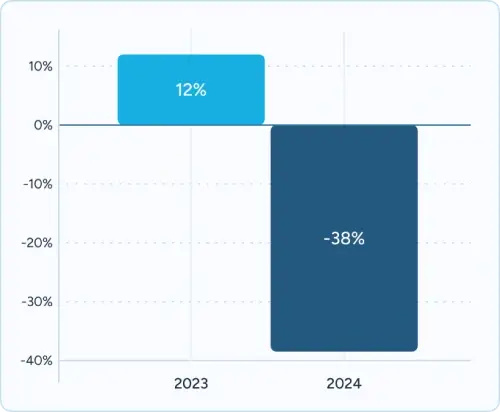
Marking the lowest death toll since 2015 and reversing troubling 2023 trends¹. The improvement was particularly striking among communities of color, with Black residents experiencing a 58% decrease and Latino residents a 48% decrease in overdose deaths¹. However, this progress follows 2023 data showing a 12% increase in opioid deaths while the rest of Massachusetts saw decreases³.
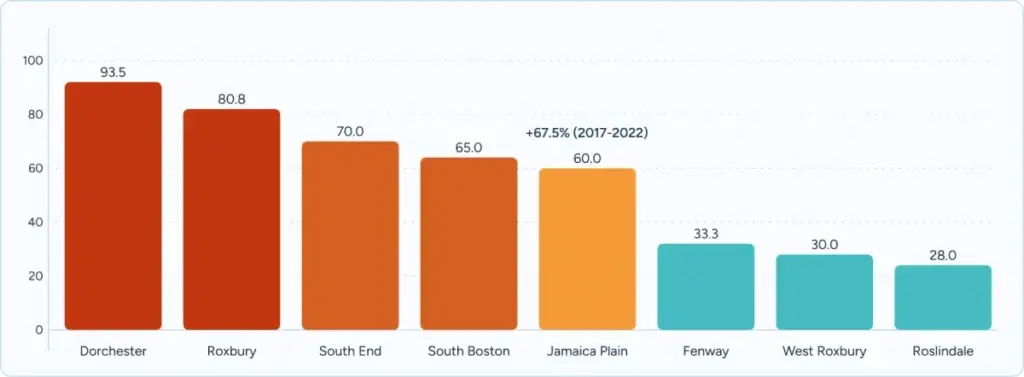
Dorchester leads with 93.5 overdose deaths per 100,000 residents, followed by Roxbury at 80.8 per 100,000⁵. The South End, South Boston, and Jamaica Plain also show elevated rates, with Jamaica Plain experiencing a 67.5% increase from 2017-2022⁵. Conversely, areas like Fenway (33.3 per 100,000), West Roxbury, and Roslindale maintain significantly lower rates⁵.
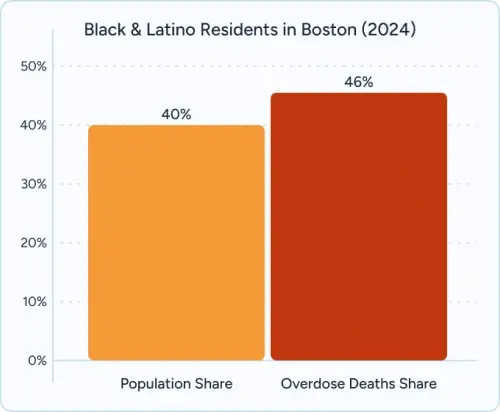
While Boston Public Health Commission made over 2,000 treatment placements in 2024¹, substance use treatment admission rates decreased 40% from 2017-2021⁷. This declining engagement with formal treatment coincides with increased street outreach conducting over 25,000 community engagements annually¹.
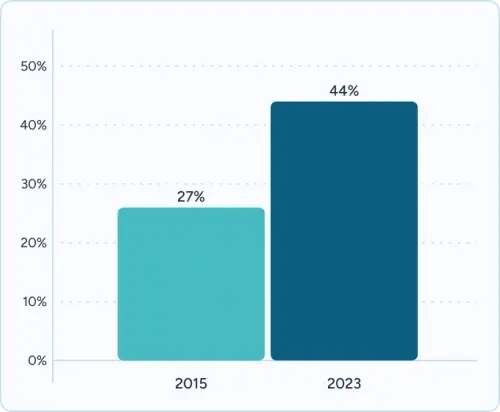
Nearly half (44%) of high school students report persistent sadness and hopelessness, up from 27% in 2015, with higher rates among female, Latino, and LGBTQ+ students². More concerning, less than half receive help when experiencing mental health challenges, with higher rates among female, Latino, and LGBTQ+ students²

Black and Latino residents account for 40% of Boston’s population but 46% of overdose deaths in 2024¹. In 2022, Black residents experienced 102% higher drug overdose death rates than White residents, with cocaine-related deaths 3.6 times higher for Black residents and 2.2 times higher for Latino residents⁷. These disparities highlight the critical need for accessible addiction treatment Dorchester, mental health Roxbury, and culturally competent therapy throughout Boston’s diverse communities.
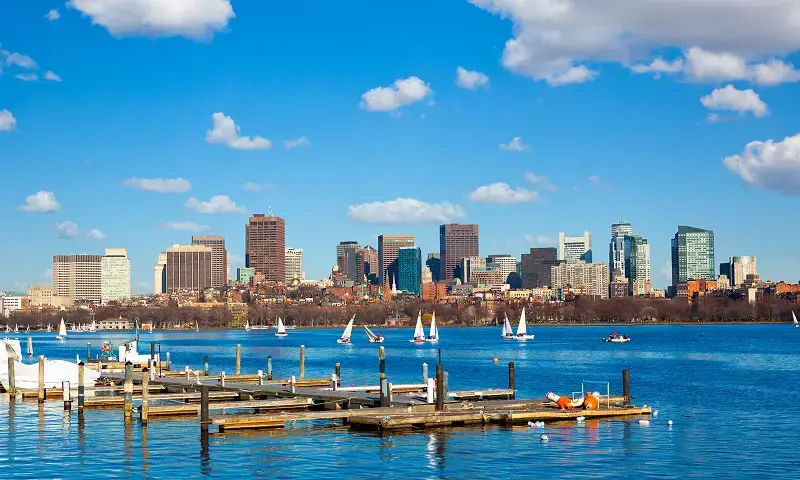
Boston Public Health Commission’s PAATHS program serves as a centralized access point for treatment information and referrals⁹. The program includes substance use navigators in community health centers and comprehensive naloxone distribution through over 23,000 doses distributed in 2024¹.
The Boston Emergency Services Team (BEST) provides 24/7 crisis intervention, covering Boston, Brookline, Cambridge, Chelsea, Revere, Somerville, and Winthrop⁹. With locations at 25 Staniford Street and 140B South Street in Jamaica Plain, BEST offers mobile crisis services, psychiatric evaluations, and a 14-bed Community Crisis Stabilization program⁹.
Transportation accessibility through MBTA connections links all neighborhoods to Boston drug rehab programs and mental health facilities. The Green Line provides access to Coolidge Corner treatment programs, while Red and Orange Lines connect Downtown facilities to neighborhoods like Dorchester, Roxbury, and South Boston⁸. THE RIDE paratransit service offers specialized transportation for individuals with disabilities⁸.
MassHealth covers 100% of addiction treatment costs for qualified residents, including medical detox, residential treatment, outpatient programs, and medications like Suboxone and Vivitrol. As of July 2020, MassHealth eliminated copayments for substance use disorder treatment, with coverage extending to residents up to 300% of federal poverty level¹⁰.
Boston Medical Center offers extensive financial assistance for Massachusetts residents with incomes up to 300% of federal poverty level. Contact their Financial Assistance Program (Yawkey Building, 1st Floor, Room IN62) for applications available in Spanish, Vietnamese, Arabic, and other languages¹⁰.
Community Behavioral Health Centers accept Medicare and Medicaid and can help with no insurance. The Massachusetts Behavioral Health Access (MABHA) website at mabhaccess.com helps locate available services and openings across provider networks¹⁰.
For those seeking a private treatment experience without waiting lists, several Boston-area facilities offer direct admission with free insurance verification. These programs typically provide comprehensive assessment, medical detox when needed, and evidence-based treatment approaches including cognitive-behavioral therapy, trauma therapy, and medication-assisted treatment.
Private facilities often provide advantages over state-funded programs including:
Many accept insurance authorization within 24 hours and can coordinate same-day admission when clinically appropriate.
The Haven Detox – New England in Worcester offers immediate access to evidence-based addiction and mental health treatment serving the greater Boston area.
The facility combines traditional therapies like cognitive behavioral therapy (CBT) and Dialectical Behavior Therapy (DBT) with holistic approaches including Reiki, Art Therapy, and Yoga, plus cutting-edge GeneSight genetic testing to personalize medication selection.
With one of the highest staff-to-client ratios in Massachusetts, the Worcester location provides both medical detox and residential treatment in a comfortable, resort-like setting featuring amenities like a professional chef, fitness gym, pickleball court, and beauty salon.
The facility serves dual diagnosis patients and accepts most major insurance plans including MassHealth, with transportation assistance available throughout Massachusetts and New England states.
Boston mental health services span multiple neighborhoods with specialized programming for depression treatment Boston, anxiety therapy, and dual diagnosis care. Community behavioral health centers throughout Dorchester, Roxbury, Jamaica Plain, and South Boston offer culturally competent therapy Boston services with bilingual providers and trauma-informed care approaches.
Neighborhood-specific mental health resources ensure accessibility across Boston’s diverse communities. Mental health Dorchester programs include community health center counseling, while therapy Roxbury services emphasize culturally responsive treatment for the predominantly African American community. Boston substance abuse counseling integrates with mental health services to address co-occurring conditions common throughout the city.
Recovery on the Harbor in East Boston (983 Bennington Street) provides free peer-led recovery support with job resources, sober social events, and recovery coaching¹¹. The center maintains an active social media presence (@ROHEastBoston on Facebook, @roh_eastboston on Instagram) for community connection¹¹.
STEPRox Recovery Support Center in Roxbury (153 Blue Hill Avenue) offers specialized groups for men, women, addiction, mental health, and parenthood with culturally responsive programming¹¹. The handicap-accessible, transit-friendly facility serves the predominantly African American community with peer-led recovery models¹¹.
Room to Grow Recovery Center in Back Bay (St. Francis House, 39 Boylston Street) and the Devine Recovery Center in South Boston (70 Devine Way) provide neighborhood-specific peer support Monday-Friday 9am-9pm, weekends 12-8pm¹¹.
MASH-certified sober homes provide structured transitional housing following national standards. The Massachusetts Alliance for Sober Housing directory at mashsoberhousing.org lists independently inspected, certified residences throughout Boston neighborhoods¹².
Boston Sober Homes offers MASH-certified facilities with 24-hour surveillance, keyless entry, on-site managers, and amenities including HDTV/cable, Wi‑Fi, laundry, and parking. Requirements include weekly screenings, meeting attendance, and house maintenance responsibilities¹².
AA Boston Central Service Office (aaboston.org) coordinates over 2,200 meetings per week across Greater Boston with daily website updates¹². The Meeting Guide mobile app syncs with 400+ service entities listing 100,000+ weekly meetings nationwide¹².
Spanish-language meetings serve Boston’s Latino communities through multiple locations, with the Western Mass AA Spanish Hotline providing additional resources. Meetings occur throughout neighborhoods including East Boston, Roxbury, and areas with significant Latino populations.
Comprehensive assessment should address both addiction and mental health conditions, as co-occurring disorders affect the majority of individuals seeking Boston addiction treatment.
Medication-assisted treatment (MAT) availability indicates quality addiction programming in Boston rehab facilities. Effective programs offer buprenorphine (Suboxone), naltrexone (Vivitrol), and methadone when appropriate, combined with counseling and behavioral therapies.
Cultural competency becomes essential in Boston’s diverse neighborhoods seeking depression treatment Boston and substance abuse counseling. Seek providers offering services in your preferred language, understanding of cultural backgrounds, and specialized programming for communities including Latino, African American, LGBTQ+, and other populations across addiction treatment Dorchester, mental health Roxbury, and therapy Jamaica Plain programs.
Aftercare coordination should begin during treatment, connecting clients with outpatient services, peer support groups, sober living arrangements, and community resources. Quality programs maintain relationships with local recovery communities and provide warm handoffs to continuing care providers.
Family involvement and support services enhance treatment outcomes, particularly for cultural communities emphasizing family connections. Programs should offer family therapy, education, and support groups when appropriate.
Professional treatment represents an investment in recovery success, offering immediate access, personalized care, and comprehensive services designed to address the complex nature of addiction and mental health conditions.
Insurance verification typically completes within 24 hours, with many programs able to provide immediate preliminary coverage information. Financial counselors assist with understanding benefits, estimating out-of-pocket costs, and exploring payment options when needed.
Assessment and admission can occur rapidly when clinically indicated. Many facilities offer same-day assessment with next-day admission capability, ensuring minimal delay between making the decision to seek help and beginning treatment.
Private treatment facilities like The Haven Detox – New England provide assessments within 24 hours and admission within 24-48 hours when clinically appropriate and insurance authorization is obtained. State-funded programs through PAATHS may involve waiting periods, though crisis situations receive priority placement.
MassHealth provides comprehensive coverage for addiction treatment including detox, residential care, outpatient services, and medications with no copayments as of July 202010 Coverage extends to Massachusetts residents with incomes up to 300% of federal poverty level10.
Latino communities access bilingual services through Casa Esperanza (291 Eustis Street, Roxbury), Entre Familia programs, and multiple community health centers offering Spanish-language treatment¹¹. African American communities connect with culturally responsive programming through STEPRox in Roxbury and community health centers throughout Dorchester and Mattapan¹¹. LGBTQ+ individuals find affirming care through Fenway Health (1340 Boylston Street), Sidney Borum Jr. Health Center, and specialized LGBTQ+ recovery support groups¹⁰.
MBTA provides extensive public transportation connections to treatment facilities across all lines. THE RIDE paratransit serves individuals with disabilities, while some treatment programs offer transportation assistance through MassHealth coverage⁸.
MBTA provides extensive public transportation connections to treatment facilities across all lines. THE RIDE paratransit serves individuals with disabilities, while some treatment programs offer transportation assistance through MassHealth coverage⁸.
BEST operates 24/7 crisis intervention (800-981-4357) with mobile teams available throughout Boston and surrounding communities⁹. Hospital emergency departments at Boston Medical Center and Massachusetts General provide specialized addiction emergency services with immediate psychiatric consultation available⁸.
Boston-area programs offer family support groups, education programs, and consultation services. Al-Anon meetings occur throughout Boston neighborhoods, while facilities like Boston Medical Center provide family consultation services through their addiction programs⁸.
Community health centers throughout Boston provide services regardless of ability to pay, with sliding fee scales based on income. Boston Public Health Commission programs serve all residents regardless of insurance status, while Boston Medical Center provides financial assistance for Massachusetts residents up to 300% of the federal poverty level10.
Let’s talk about what’s going on — no judgment. (We’ve been there before ourselves). No one will know you inquired and there is no commitment to call.
24/7 Support
No Commitment
100% Private
There’s no catch. Checking your insurance is simply a way to see what your plan covers — it doesn’t lock you into treatment, notify anyone, or cost you anything. You get answers upfront to decide what makes sense for you.
Protecting your privacy matters! No information or notifications are ever sent to your employer or family — whether you check your insurance online or call. Everything is handled through secure, encrypted systems that meet strict medical privacy laws. You stay in control of your information!
Luckily, most insurance policies cover treatment here. Depending on the healthcare you’ve already had this year, costs could even be zero. Instead of worrying, let’s just find out what your plan covers.
Most likely. We work with major providers like Cigna, Aetna, and United Healthcare, public insurances like Tricare and tribal plans, and even smaller plans like Surest Bind and Harvard Pilgrim. The quickest way to know for sure is to check online or call. It’s a quick, private way to understand what is covered upfront.
Verifying your insurance isn’t a commitment to start treatment — it’s simply a way to see what your options are. Knowing your coverage ahead of time helps you make more informed, confident decisions. It also helps flag a spot, so you’re able to get right in if you ever do decide you’re ready.
You need your policy number to check your specific policy online. If you want general information, just call. You likely have questions beyond insurance anyway. Reaching out now helps you figure out the right fit if or when you’re ready. You don’t have to put off the call until you’re in crisis. Calling is not scary, I promise!